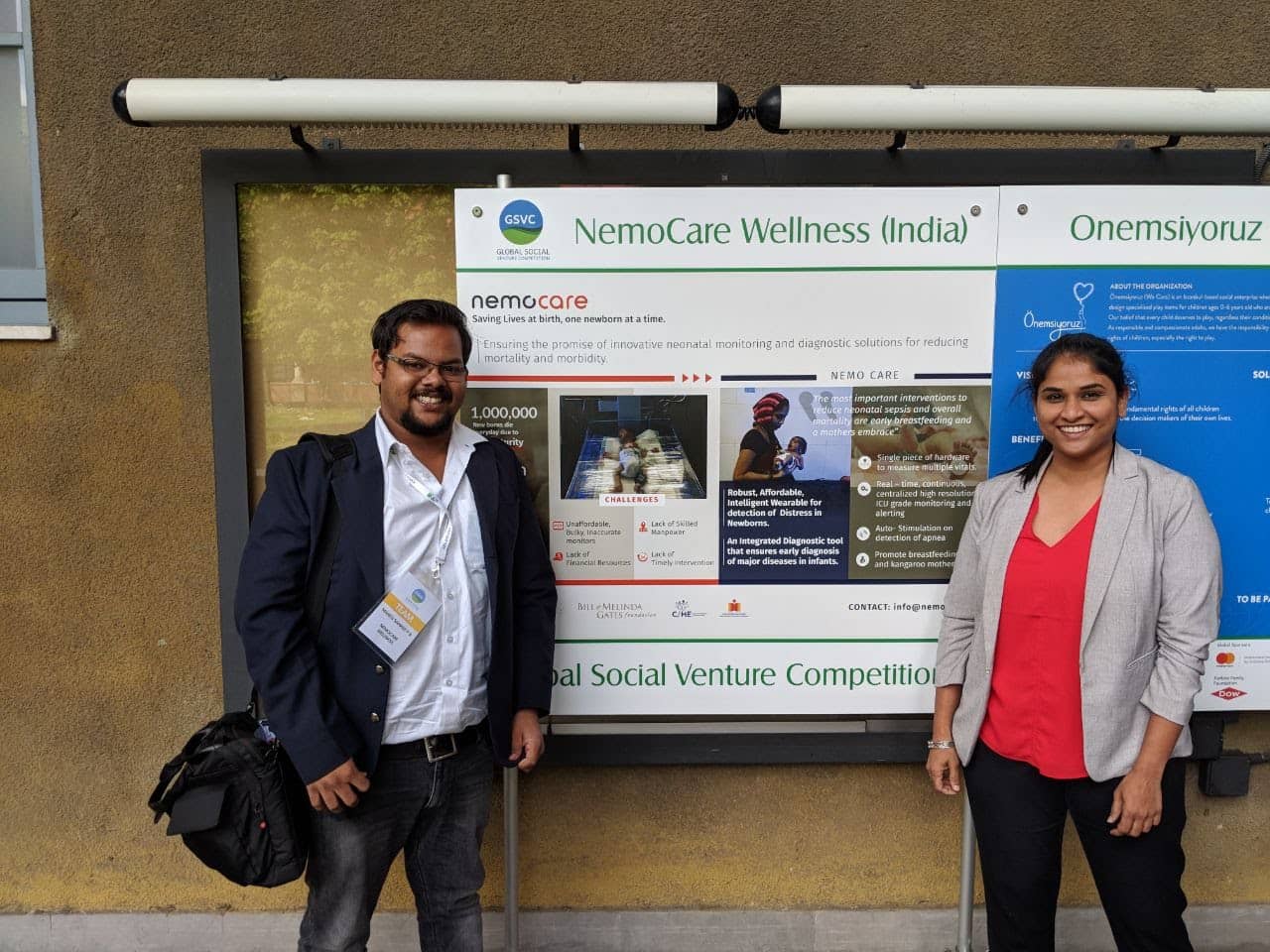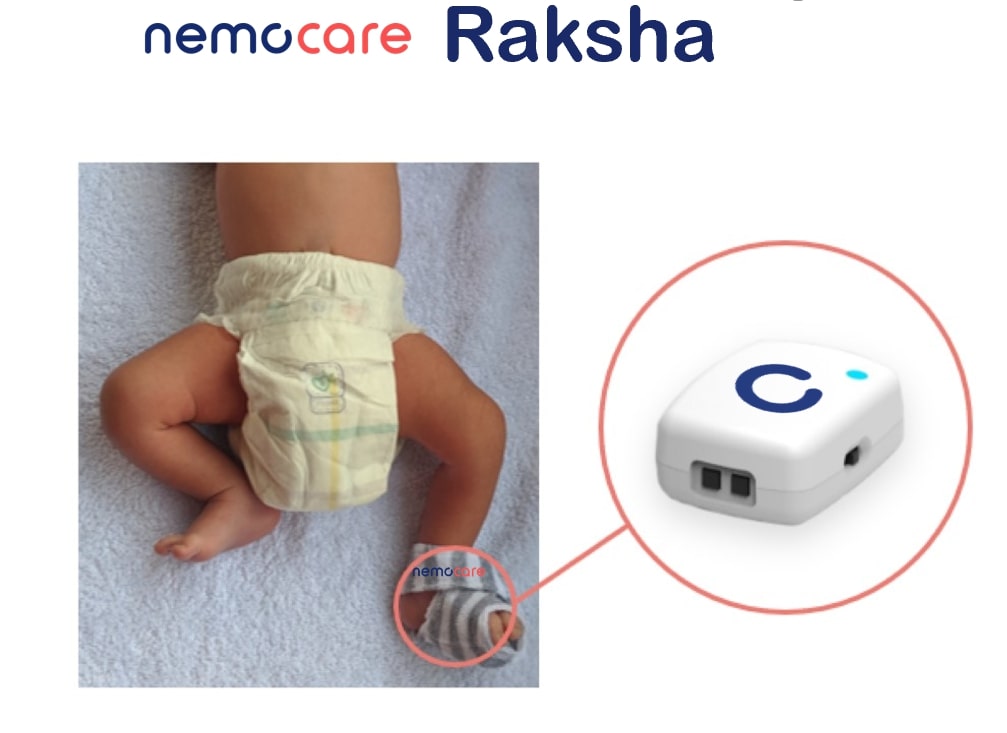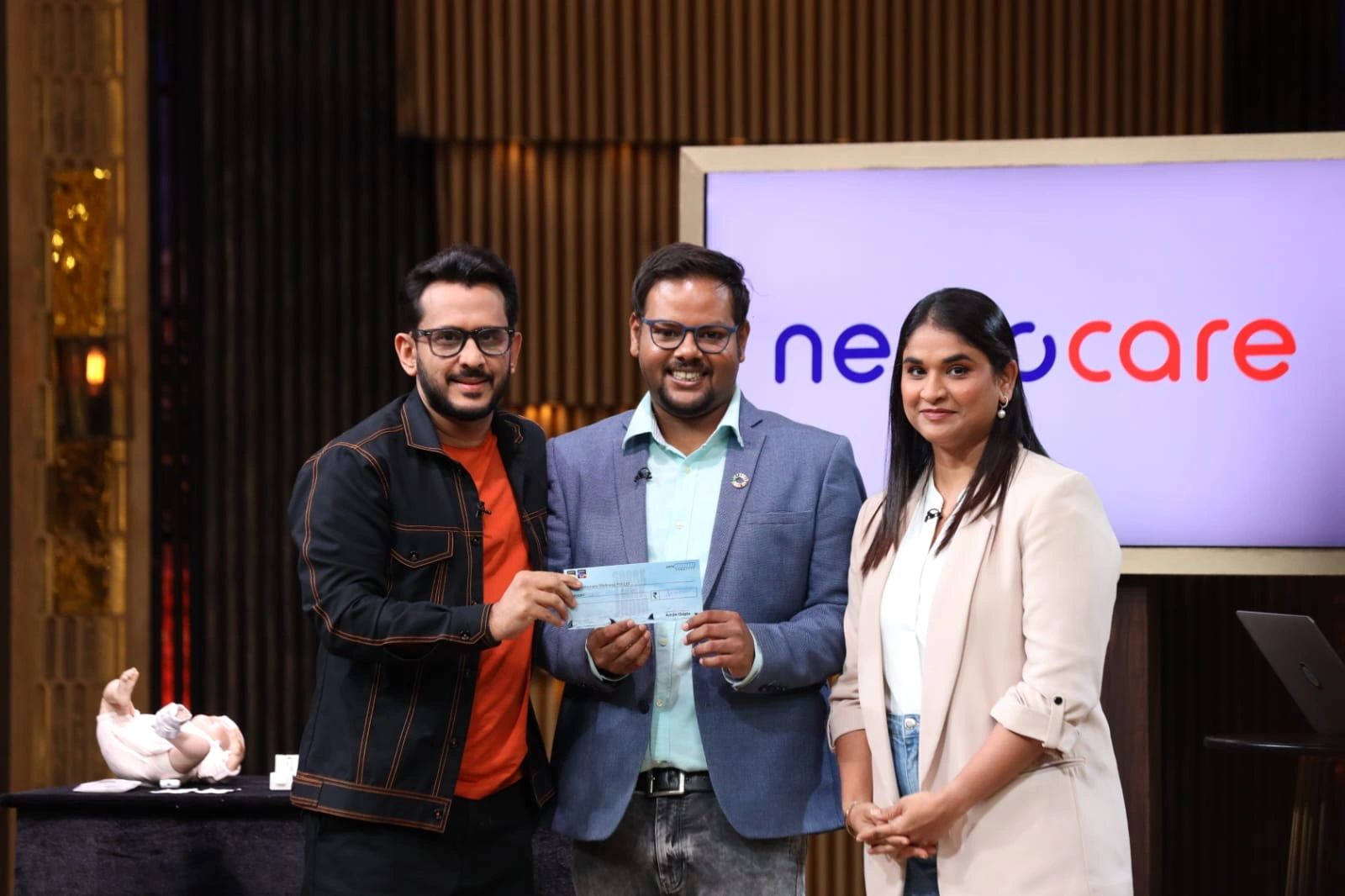Supriya (name changed) gave birth to her baby girl at 32 weeks in a small town in Tamil Nadu. Her husband is an electrician while she works as a contract labourer. Her baby was born in a local hospital which couldn’t provide the adequate care required to monitor and safeguard her.
The baby had hypothermia for the first few weeks of her life.
The doctors suggested that the couple take the baby to the closest district government hospital for better care and attention. The nearest hospital with a Special Newborn Care Unit (SNCU) was three hours away, and the baby would have to be transported in an ambulance. The couple borrowed money from family and friends as they were determined to provide the best care possible for their precious baby.
After staying in an incubator for almost 45 days, their baby girl, Kavya, is a thriving toddler today. This, however, came at a huge financial cost for the couple, as it included their travel and stay.
Two years later, they are still repaying this money.
Tears roll down the young mother’s face as she recounts those 45 days of having to be away from her daughter and the emotional strain it caused her.
“I could see her only during certain times of the day when I was called in to breastfeed her. Just seeing this tiny human with so many devices attached to her was harrowing; to say the least,” she shares.
In the neighbouring state of Karnataka, Manoj Sanker saw his parents go through a similar trial when their second son was born premature. He recounts seeing his middle class family going above and beyond to ensure that he got the best treatment. Years later, when 32-year-old Manoj had to think of a startup idea in healthcare, neonatal care was his first choice.
Pratyusha Pareddy hails from a family of doctors and grew up in a household where healthcare was dinner table conversation. After completing her engineering, the 37-year-old did a masters degree in Industrial and Product Design from the National Institute of Design.
During a project at NID, she learnt about how design could transcend beyond aesthetics and be used to create a difference. She wanted to use her designs to create impact and improve lives at the grassroot level.
The duo shared a common vision of using technology and design to build solutions for the most vulnerable population, i.e. babies.

The two engineers launched Raksha, a wearable device that monitors vital parameters of a newborn and helps nurses and doctors provide timely intervention through their medtech startup NemoCare Wellness.
Launched in 2022, this device has helped over 20,000 newborns so far.
On a mission to reduce newborn mortality
The World Health Organisation (WHO) released a report called ‘Born Too Soon: Decade of action’ in May 2023. According to this report, India recorded the highest number of preterm births — 3.2 million — in 2020. Almost 1 in 10 babies born is preterm, and the neonatal mortality rate is 24.9 per 1,000 live births, according to NFHS-5 (2019-21).
The first step to improve newborn survival is to provide essential newborn care to identify and treat high risk newborns. This includes early initiation of breastfeeding, skin-to-skin contact (kangaroo mother care), timely intervention, facilities with special newborn care units, amongst others.
The gap which Pratyusha and Manoj found during their fellowship in 2016 at the Centre for Healthcare Entrepreneurship, IIT-Hyderabad, was in neonatal care, particularly in their monitoring devices.
“We wanted to create something impactful to save newborns, who are the most vulnerable. We felt that technology and support could play a huge role in this segment,” says Manoj.
They did a detailed six month clinical immersion where they shadowed doctors and visited different hospitals in Telangana during their fellowship.
“During the immersion process, we tried to understand the problems faced by doctors, nurses, and gauge the gaps in the system. We came across several premature babies who were super vulnerable. There was an acute shortage of monitoring devices or any kind of support mechanisms for the nursing staff and the healthcare workers, especially in the government facilities,” Manoj tells The Better India.
After their field visits, the duo spoke to various stakeholders and worked on building a solution with their expertise in engineering and design. While there was an acute gap of monitoring devices, the infrastructure where such a solution could be implemented was ready.
They immediately started building their solution, and the first prototype of Raksha was ready and tested before they even graduated in 2017. They followed it up by launching Nemocare Wellness in July 2017.
A device that can save a newborn’s life
The NemoCare Raksha device is fitted on a baby’s foot like a smart sock, explains Manoj.

“The device captures vital parameters of the baby, the heart rate, respiration rate, body oxygenation and body temperature. Other key vitals that help a doctor, including the heart rate variability and perfusion index, are also tracked. These help a doctor/nurse identify if a baby is doing fine,” adds Manoj.
This device is connected wirelessly to a central platform that helps a nurse monitor babies and alerts when a baby is distressed. This information is paired with a tablet or dashboard through an application. The entire set up of the device, including a bedside tablet, training is given by the company.
“This vital information is relayed on the display and pushed on the cloud and central monitor which helps a healthcare provider monitor 40-50 babies in one shot,” he adds.
This solves the problem faced in most government and smaller hospitals of resource constraints and also helps in remote patient monitoring. It provides ICU grade monitoring even when the baby is with the mother, providing an advantage of Kangaroo mother care as well.
With initial grants from the Bill and Melinda Gates Foundation, the entrepreneurs started testing their products and developed different prototypes over 4.5 years, before they launched the final product 18 months ago.
They conducted initial studies at private hospitals like AIG Hospital, Kamineni Hospitals, and at government hospitals like Niloufer Hospital in Hyderabad. After this, they tested their device in hospitals across Karnataka, Tamil Nadu, Maharashtra and Punjab.
Their goal is to ensure that their product provides every baby the right treatment at the right time across the world.
“Our idea is that whenever babies across the world, despite their economic status and background, need healthcare, our device should be able to provide the right intervention. It should reach all hospitals across the world,” says Pratyusha.
Currently, the founders have identified three avenues of sale. The first is to government settings through CSR (Corporate social responsibility), second to small and mid-sized nursing homes, and the third to large private hospitals.
“For government hospitals, we provide a bundle of products, which include five devices, chargers, a tablet for each device, and a central monitor if the hospital doesn’t have one already. If they have a monitor, we share the credentials that can be used to see the data,” explains Manoj.
Small and medium-sized nursing homes aren’t charged for the device, but for every baby monitored.
“These hospitals don’t pay for the device, but charge the patient Rs 600 per baby. The patch, which needs to be changed once every 2-3 days, costs Rs 200. The hospitals charge the patients as per their paying capacity, which is typically less than 10 percent of the total delivery cost,” adds Manoj
Each device can be used for up to 200 times in a year, is rechargeable, reusable and comes with a patch that keeps it clean. Each baby gets a new patch.
To the large corporate hospitals and boutique maternal and child care centres, they plan to charge the entire cost per device.
So far, they have helped monitor over 20,000 neonates and possibly saved their lives.
The duo are now working on building an AI platform for neonatal units, with grants from BIRAC (Biotechnology Industry Research Assistance Council) , ICMR (Indian Council of Medical Research Department).
“This platform will help predict when a newborn is going to fall sick and any long term complications he/she may face. While the wearable is a real time problem solving device, the platform will talk about trends and the future health of the baby, predicting whatever is done manually today. It will also work as a decision support tool for doctors,” says Manoj.
NemoCare Raksha also has plans of going global. The founders have applied for a US FDA approval as well.. The device has two granted Indian patents and a US patent around business management.
“We also plan to use our global profits to save babies in India. For every device sold to a western audience, we plan to invest $5in India,” shares Manoj.
As part of their fundraising for their AI platform, they raised Rs 1 crore on Shark Tank India Season 3 from Aman Gupta.

So, what’s their best memory?
“I found my purpose as a human and an engineer on the first day of our trial in a hospital. When I saw a tiny life getting impacted by our product, it was the best feeling in the world. Seeing a baby getting the best care due to a product you created is what keeps us going,” smiles Manoj.
Edited by Padmashree Pande, Images Courtesy Manoj Sanker
No comments:
Post a Comment